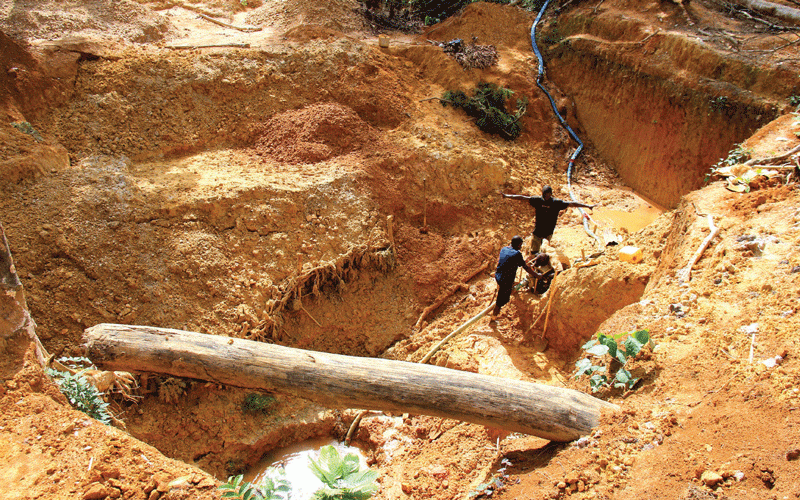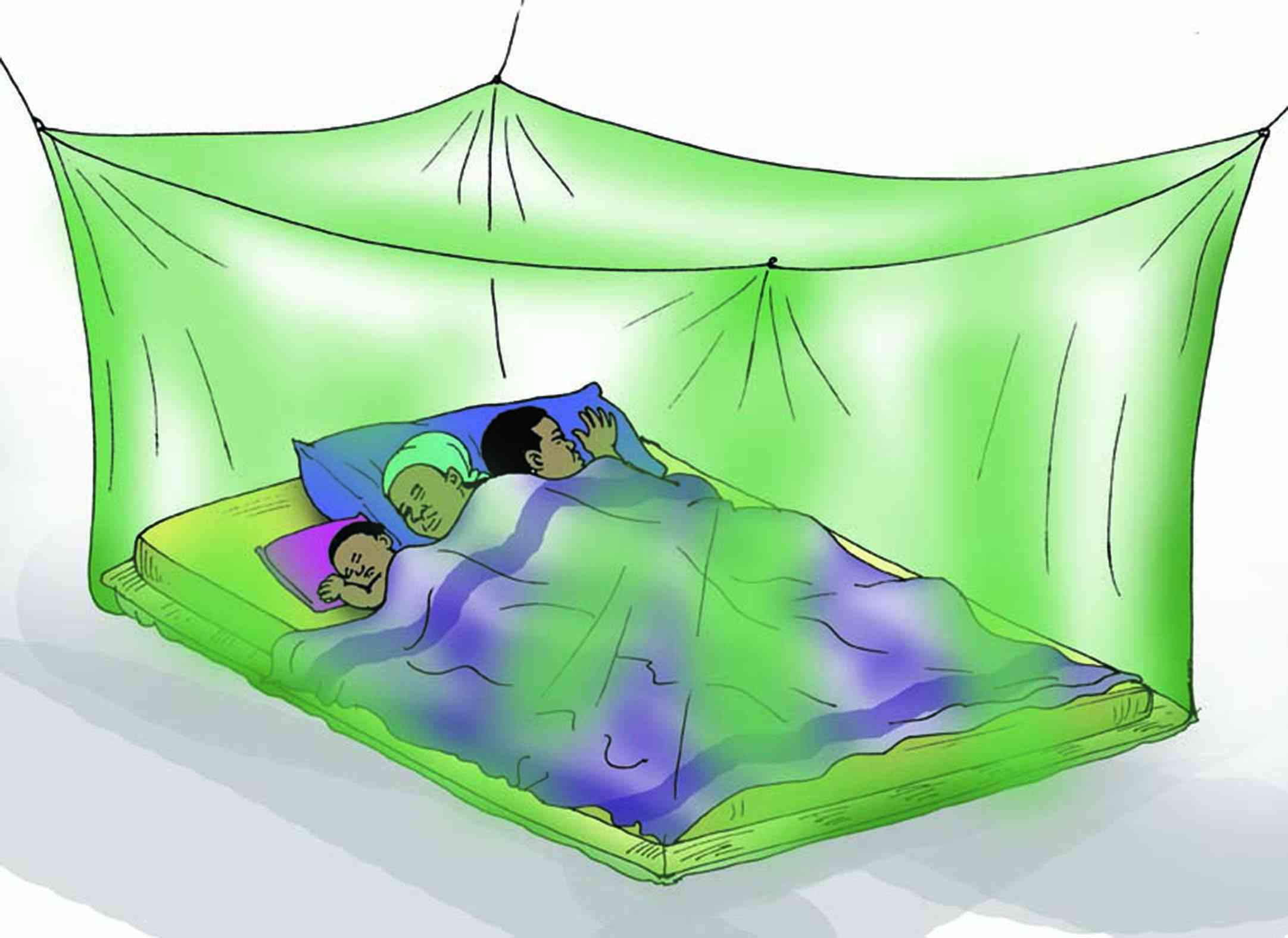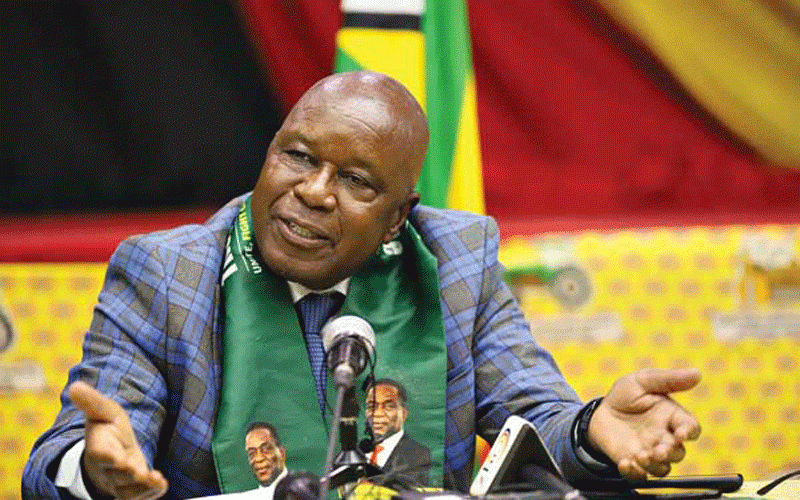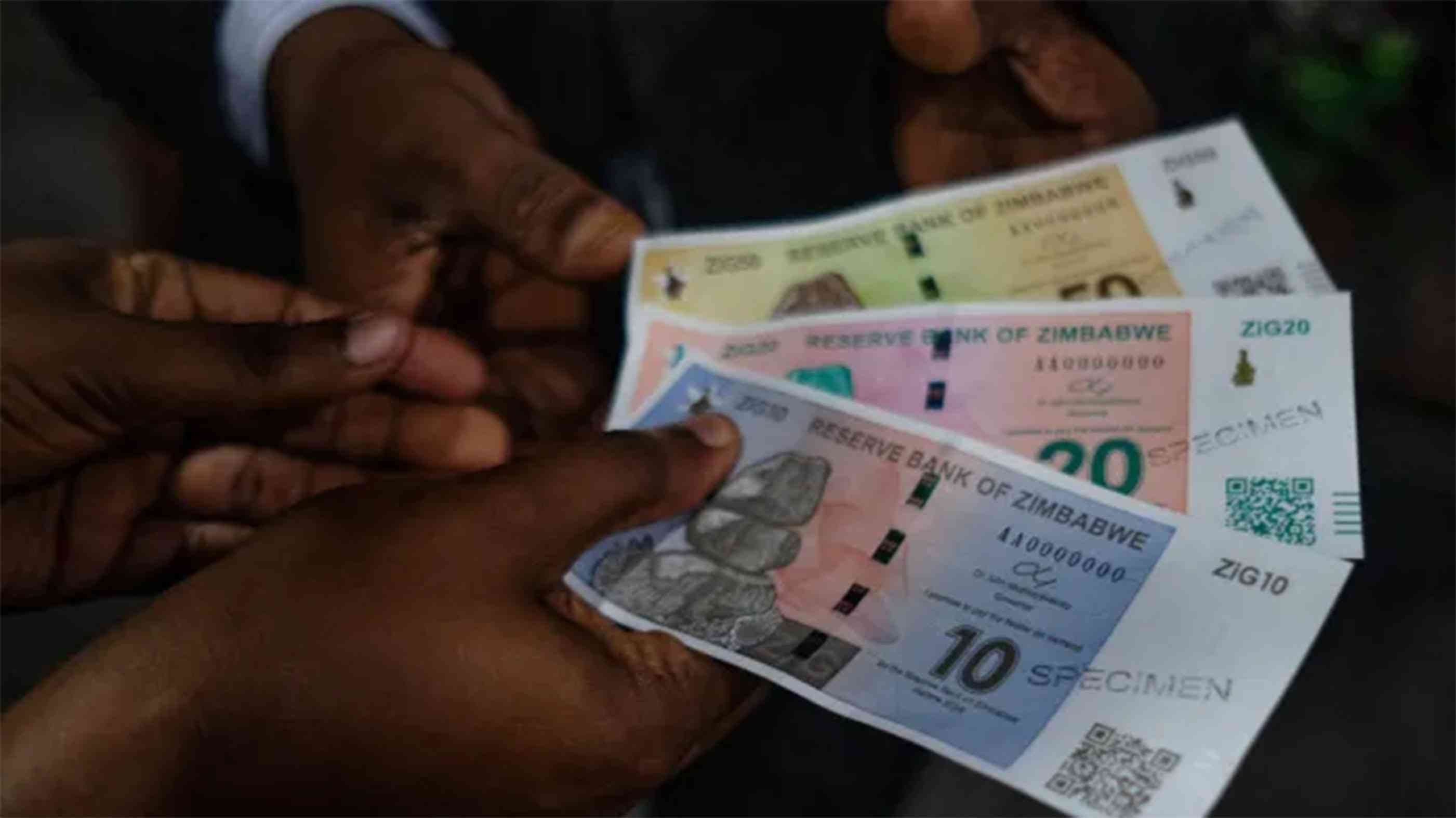
ZIMBABWE'S mining industry is rapidly expanding globally due to its abundant supplies of lithium, gold, platinum, and other metals that are essential to the development of modern technology.
Significant mining footprints have been established by Chinese corporations around the country, frequently at the expense of the labourers, who toil endlessly in the mines' shadows or live there.
Action Aid's business and human rights research studies state that the mining industry in Zimbabwe has long been plagued by systemic problems and weaknesses that negatively affect people's rights.
The human rights of host communities have been severely damaged by the extraction of minerals including gold, diamonds, coal, and precious stones.
This has affected the communities' long-term economic sustainability as well as their socioeconomic, cultural, and environmental rights. Mashonaland East is home to a number of mining companies that extract natural stones in the form of black granite and quarry stones.
The form and method of this extraction has given rise to a number of human rights violations, including forced evictions, forcible land grabs and relocations without compensation, environmental degradation, and violations of labour rights.
Without engaging impacted people, the government has continued to allocate land for mining and commercial developments.
According to various local news outlets in 2022, some 50 households in Nyamakope village, Mutoko district, said a Chinese mining company told them they would have to evacuate their homes and land because the company had been granted a mining licence by the government.
Some families are said to have received US$2500 in compensation, which is deemed meager because it does not allow them to acquire new housing and does not take into account their link with their ancestral land.
Zimbabwe has the greatest lithium resources in Africa, according to the African Mining Market, and the country will become one of the world's largest lithium exporters as global demand for rechargeable batteries grows.
The country ranks high among the world's main lithium producing and supplying countries, following Chile, Australia, China, Argentina, and Brazil.
The government says when its known lithium resources are fully exploited, the country would meet 20% of global demand for lithium. It said four large lithium projects were now under development.
The Zimbabwe Coalition on Debt and Development (Zimcodd), a local research watchdog, is concerned about the neglect of areas where natural resources such as lithium are mined.
In a report, Zimcodd said the government was failing to develop areas where natural resources were exploited, citing the Goromonzi district east of Harare, where President Emmerson Mnangagwa commissioned a lithium plant.
Lithium is a critical component in the manufacture of lithium-ion batteries, which power a wide-range of modern products, electric cars, and renewable energy sources.
"Natural resources are supposed to benefit everyone in the communities from where they are being extracted and be a source of revenue that improves the public service delivery for everyone.
"This, however, has not been the case in Zimbabwe, namely in the Goromonzi district," Zimcodd added.
It stated that Goromonzi remained impoverished and lacked social amenities.
"The entire Goromonzi district has one clinic, the Chinyika Clinic, which provides poor service to its people."
"It is troubling that, despite the abundance of natural resources in the area, Chinyika lacks an ambulance and basic equipment such as a blood pressure (testing) machine," Zimcodd remarked.
"The district of Goromonzi also has poor roads that need to be repaired, and new construction is also required because mining companies transport their minerals from the area.
"There is (also) a growing concern (that) the dust (from lithium mining activities) might cause serious health issues, which the poorly-equipped Chinyika Clinic will not be able to handle. Zimbabwe has the most lithium reserves in Africa,’’ concluded the Zimcodd report.
The Zimbabwe Alternative Mining Indaba (ZAMI), which was held in Bulawayo last month, encouraged communities to reclaim power and unlock potential while also carrying out the responsibility to hold the government and business accountable.
It ran under the theme "A just energy transition: Unlocking Community Potential and Participation."
This year's ZAMI was held at a time when mining companies' environmental, social, and governance (ESG) obligations are under the spotlight as the globe advocates for a just transition in all aspects of their operations.
As a result, a wide range of ESG issues, such as mining's impact on climate change, water use, labour rights, health, safety, and corporate governance, have become critical in the struggle to ensure that the huge natural resources provide socioeconomic justice and better development results for all.
Zimbabwe is a country that has hosted vigorous mining reform debates and experiments in new policy-making in the 2000s, but has achieved minimal transformation in resource governance practices.
- Denhere is an investigative journalist. — 263 773 894 975 or [email protected].











